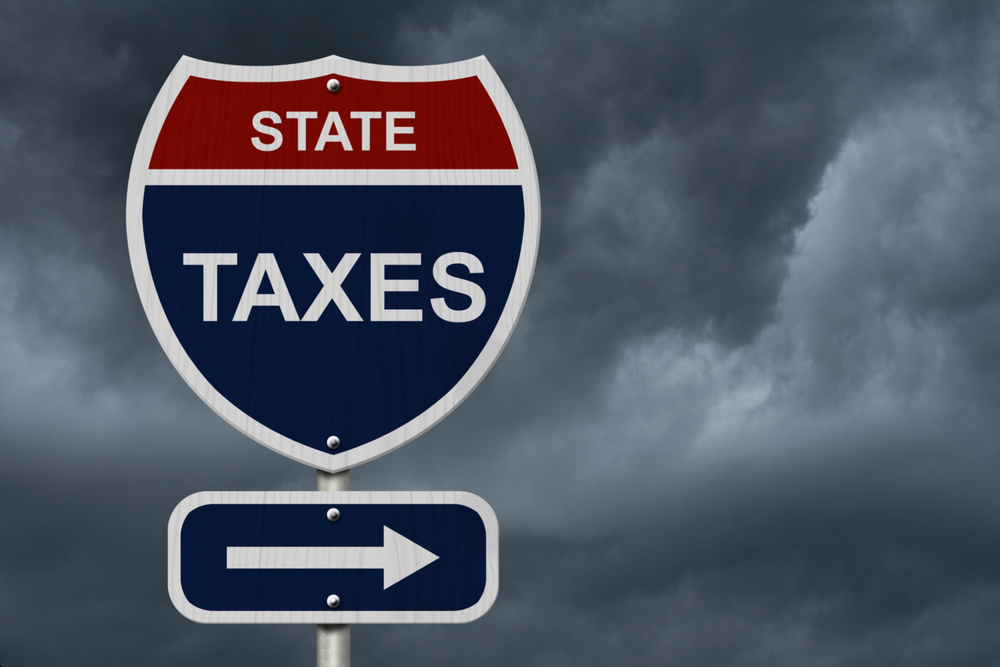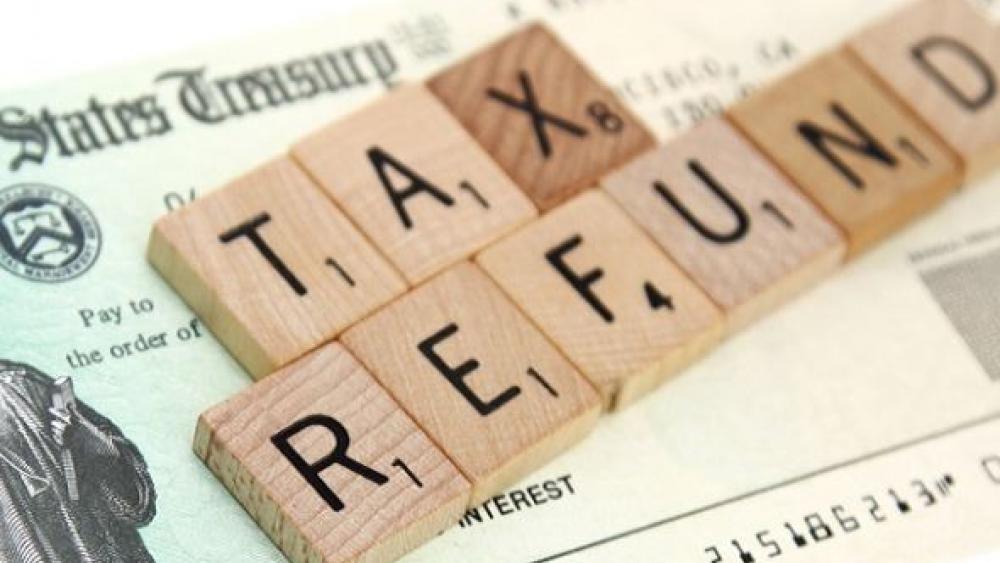-
Received an IRS Notice? Here’s When You Should Hire a Tax Attorney

There’s nothing more nerve-racking than receiving mail with the words Internal Revenue Service glaring at you, especially when it’s not a refund check but a threatening IRS Notice. It can feel overwhelming as the notices are often filled with IRS-specific language, challenging calculations, and, often, a demand for payment. Feeling a little confused and unsure…
-
We Explain: How Much Does A Tax Attorney Cost?

It depends on the type of tax attorney and the depth of their knowledge and experience in their focused tax practice. The hourly rate for a new tax attorney straight out of law school might be $250-$375. In contrast, a seasoned tax attorney with a Master of Laws in Taxation (LLM) who worked with the…
-
What can Tax Attorneys do to eliminate tax debt when filing bankruptcy?

The tax attorney is important in ensuring tax debt’s proper discharge or elimination. Since the dischargeability (elimination) of tax debt requires that each tax claim satisfy a complex set of rules under the US Bankruptcy Code, tax attorneys are most suited to ensure each rule is met and provide a detailed analysis in support of…
-
Don’t file an IRS Offer in Compromise for Tax Relief – Here’s Why

Why not you ask? Most applicants do not qualify, and there are often more viable options. In addition, the Offer-In-Compromise (“OIC”) will only address IRS tax claims, and there very often is additional non-tax debt that will remain unaffected. A tax bankruptcy can eliminate everything and provide an actual “fresh start.” Often, a partial-pay installment…
-
How to Discharge Tax Debt Explained By Ex-IRS Attorneys

Our tax bankruptcy attorneys are experts in taxing agency practice and procedure and the interrelationship between federal and state tax laws and the US Bankruptcy Code. In each case, they prepare a comprehensive Tax Dischargeability Report, reviewing and analyzing each tax claim and all events related to that tax claim. This allows us to achieve…
-
Tax Lawyer or CPA? Choosing the Right Professional

Before deciding between a Certified Public Accountant (CPA) or a tax attorney, it’s crucial to understand your specific needs. If you require services like tax preparation, reporting, bookkeeping, accounting, or general tax and business advice, a CPA might be a more cost-effective choice. However, if your situation involves a tax dispute or an understanding of…
-
All About Filing Bankruptcy on State Tax Debt

The US Bankruptcy Code does not differentiate between Federal and state tax claims. Instead, the nature and type of tax claim dictate its treatment in a bankruptcy case. We will outline the terms in which state income and other state taxes are assessed, within this article. For state income tax claims, these rules apply: State…
-
All About Including IRS Debt in Chapter 7 Bankruptcy

Before considering Chapter 7 as a means of wiping out your tax debt, you must review each tax claim with a qualified Tax-Bankruptcy attorney. The last thing you want to do is file a bankruptcy and later discover that your tax debt was not eliminated. If done right, the bankruptcy filing can be an effective…
-
Clearing Tax Debt with Bankruptcy: Quick Guide & FAQs

All About Clearing Tax Debt with Bankruptcy The bankruptcy code does not specify which tax claims can be eliminated; instead, you determine which tax claims are not dischargeable. Below is a summary of the general rules surrounding the discharge of income tax claims (although other types of tax claims may also be eliminated in bankruptcy).…
-
Overpayments and the timing of the bankruptcy filing – Debtor Beware!

A popular planning objective for taxpayer-debtors who are anticipating a bankruptcy filing while expecting a refund, is to make an election to apply the overpayment to a subsequent year. A taxpayer can elect to have an overpayment refunded or applied to the subsequent year’s estimated tax payment. This election, once made, is generally irrevocable (Sec.…
